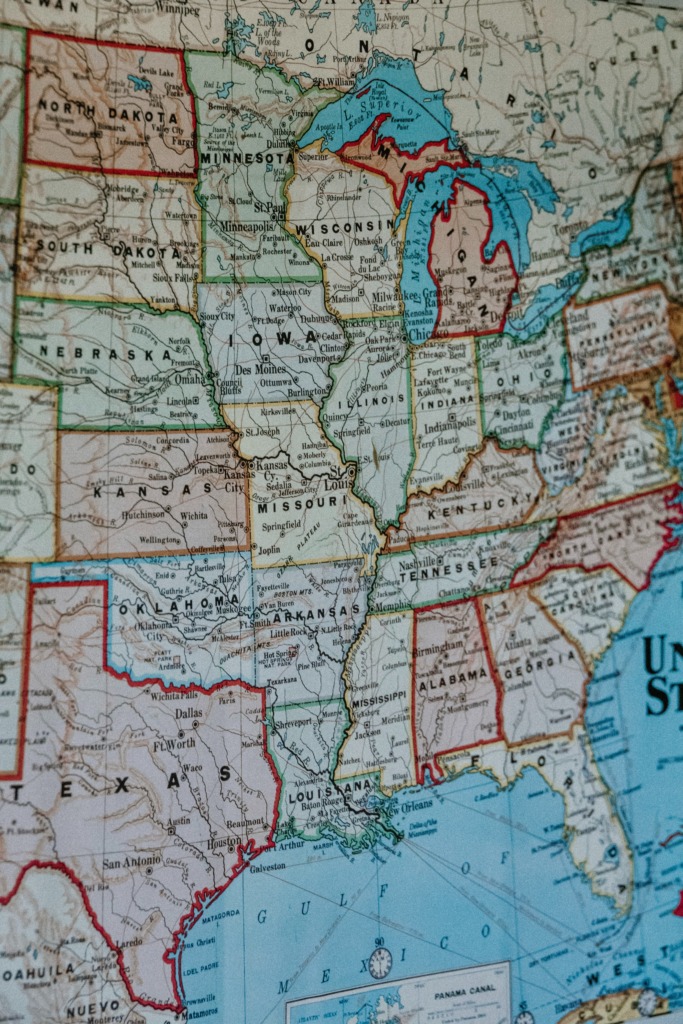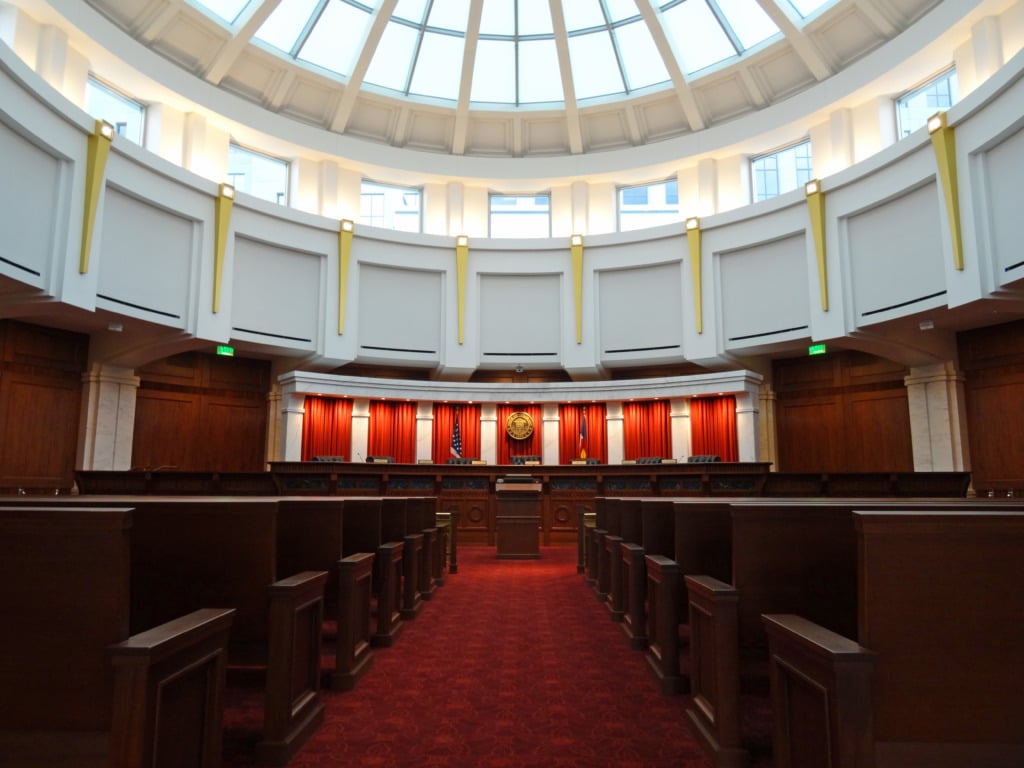Zachary D. Clopton
Northwestern Pritzker School of Law

Zachary D. Clopton is a Professor of Law Northwestern Pritzker School of Law. Prior to joining Northwestern, Clopton was as an Associate Professor of Law at Cornell Law School and a Public Law Fellow at the University of Chicago Law School. He clerked for the Honorable Diane P. Wood of the United States Court of Appeals for the Seventh Circuit. He also served as an Assistant United States Attorney in Chicago and worked in the national security group at Wilmer Hale in Washington, D.C. Professor Clopton’s recent scholarship has appeared or is forthcoming in the Stanford Law Review, NYU Law Review, University of Chicago Law Review, Michigan Law Review, California Law Review, and Cornell Law Review, among others. His public writing has appeared in Slate, Politico, The Hill, and others.
Foreign Law in State Courts
The Yale Journal of International Law recently published my article, Foreign Law on the Ground. The article is a comprehensive study of the treatment of foreign law in U.S. courts. Most the prior scholarship on foreign law in U.S. courts has focused on federal courts and Federal Rule 44.1. My article discusses federal courts, but…
Continue ReadingForeign Law on the Ground
The Yale Journal of International Law recently published my article, Foreign Law on the Ground. This post gives a flavor of the article with an excerpt from the introduction (cleaned up). I will follow up with a second post reviewing findings about foreign law in state courts. Traditionally, U.S. courts labeled foreign law as fact….
Continue ReadingColorado Supreme Court Blesses Climate Case
Climate litigation remains a hot topic (pun intended). This post briefly summarizes an important recent decision from the Colorado Supreme Court. [Disclosure: I have filed amicus briefs in other climate change litigation arguing that those cases do not interfere with the foreign relations of the United States.] As readers of TLB will know, a common…
Continue Reading

